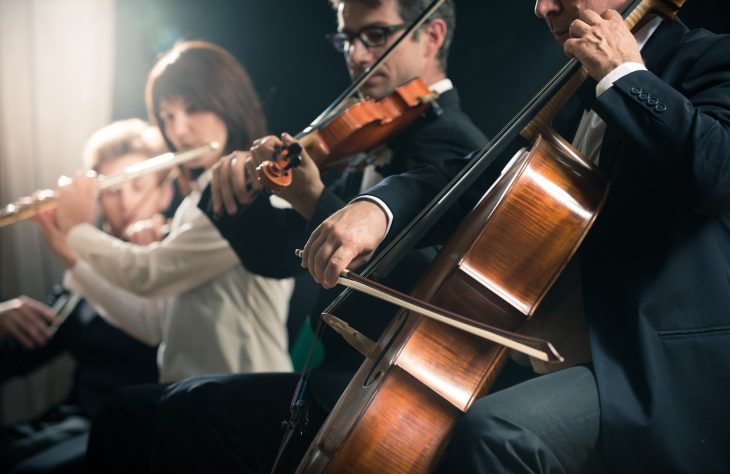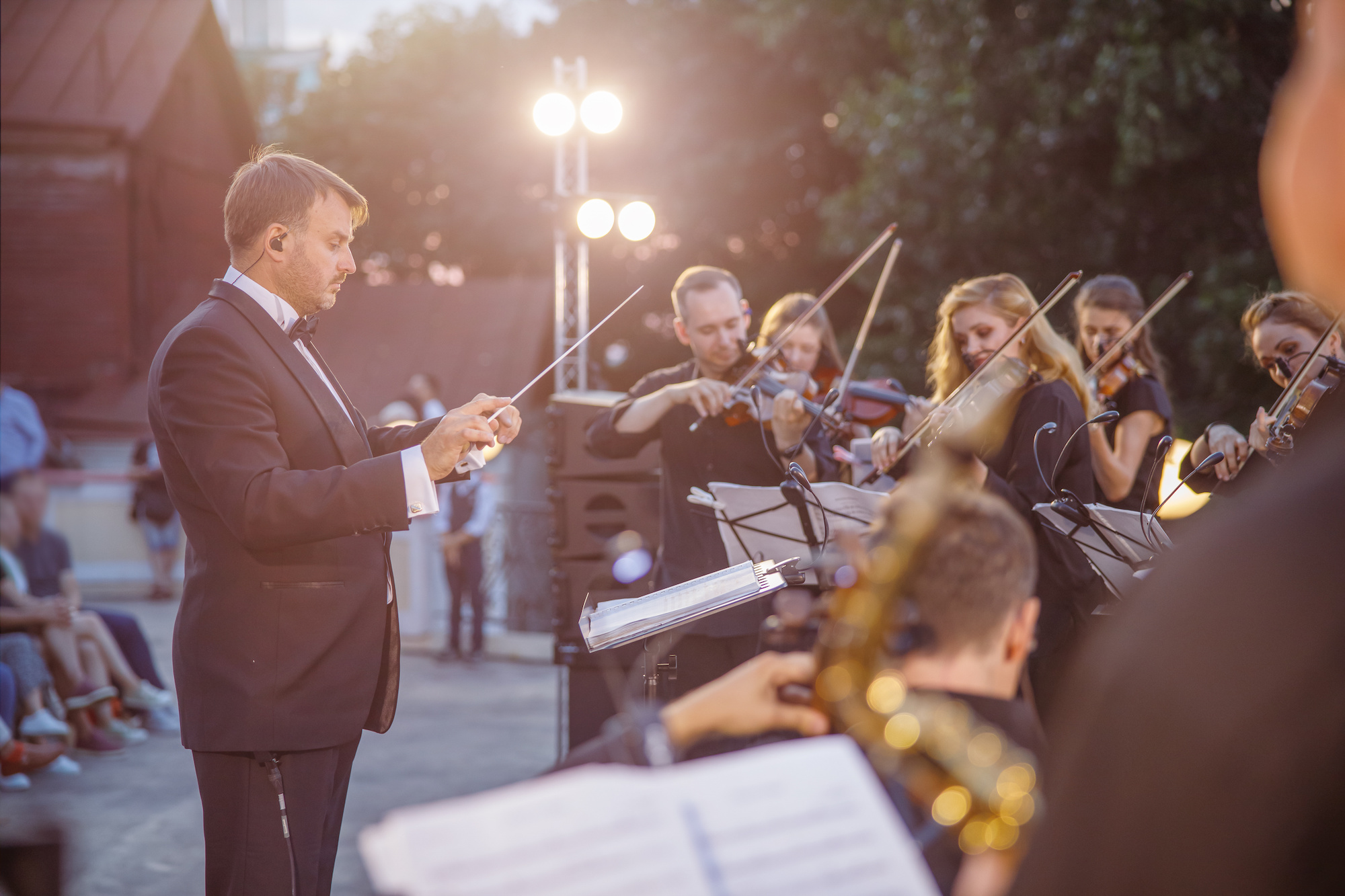
Classical music is a genre that has stood the test of time, captivating audiences for centuries. Its grandeur, elegance, and emotional depth have made it a beloved form of artistic expression. In this article, we will explore 11 fascinating facts about classical music that shed light on its rich history, influential composers, and enduring legacy.
Classical Music and Its Origins
Classical music originated in Western Europe during the 11th to 18th centuries. It evolved from earlier forms of medieval and Renaissance music, gradually adopting more structured compositions and standardized notation.
The Baroque Era: A Flourishing Period
The Baroque era (1600-1750) marked a significant milestone in classical music. Composers like Johann Sebastian Bach and Antonio Vivaldi flourished during this period, crafting intricate compositions that showcased technical virtuosity and emotional depth.
The Classical Era: Balance and Symmetry
The Classical era (1750-1820) witnessed the rise of iconic composers such as Wolfgang Amadeus Mozart and Ludwig van Beethoven. This period emphasized clarity, balance, and symmetry in musical compositions, paving the way for a more structured and disciplined approach to music.
The Romantic Era: Passion and Individuality
The Romantic era (1820-1900) saw a departure from the restraint of the Classical period. Composers such as Frederic Chopin and Pyotr Ilyich Tchaikovsky embraced emotional intensity, individual expression, and larger-scale orchestral works, captivating audiences with their passionate compositions.
The Symphony Orchestra: A Musical Powerhouse
The symphony orchestra, comprising various instruments such as strings, woodwinds, brass, and percussion, became an integral part of classical music during the 18th century. Its ability to create a harmonious blend of sounds and evoke powerful emotions remains unparalleled.
Musical Forms and Structures
Classical music features a wide range of musical forms and structures. Some popular examples include symphonies, concertos, sonatas, and operas. These forms provide a framework within which composers can showcase their creativity and bring their musical ideas to life.

Notable Composers and Their Contributions
Classical music boasts a rich tapestry of composers who have made indelible contributions to the genre. From the revered works of Johann Sebastian Bach and Ludwig van Beethoven to the innovative compositions of Igor Stravinsky and John Williams, their music continues to inspire generations.
Classical Music’s Influence on Other Genres
Classical music has had a profound impact on other musical genres. Elements of classical composition can be found in film scores, popular music, and even contemporary electronic music. The timeless melodies and harmonic progressions of classical music continue to resonate with artists across diverse genres.
The Therapeutic Power of Classical Music
Classical music has been shown to have therapeutic effects on the mind and body. Listening to classical compositions can reduce stress, improve focus, and enhance relaxation. It is often used in therapeutic settings to promote healing and well-being.
The Role of Classical Music in Education
Many studies have highlighted the positive influence of classical music on cognitive development and academic performance. Exposure to classical music can improve memory, spatial reasoning, and language skills. Incorporating classical music into education enhances creativity and fosters a deeper appreciation for the arts.
Classical Music in the Digital Age
In the digital age, classical music has become more accessible than ever before. Online platforms and streaming services offer a vast library of classical compositions, allowing enthusiasts to explore and discover music from different eras and composers with ease.
Conclusion
In conclusion, classical music stands as a testament to human creativity, emotion, and artistic expression. Its historical journey, from the Baroque era to the digital age, reveals the genre’s profound impact on society and its enduring relevance. By understanding these 11 fascinating facts, you can deepen your appreciation for classical music’s beauty, complexity, and lasting legacy.
Frequently Asked Questions (FAQs)
What is the definition of classical music?
Classical music refers to a genre of Western music that encompasses compositions from the medieval to the present era. It is known for its structured compositions, complex harmonies, and emphasis on instrumental works.
Who are some famous classical music composers?
Prominent classical music composers include Johann Sebastian Bach, Ludwig van Beethoven, Wolfgang Amadeus Mozart, Frederic Chopin, and Pyotr Ilyich Tchaikovsky, among many others.
What is the difference between classical and orchestral music?
Classical music is a broader term that encompasses various musical forms and genres, while orchestral music specifically refers to compositions performed by an orchestra, which typically includes strings, woodwinds, brass, and percussion instruments.
Can classical music improve concentration and focus?
Yes, classical music has been found to enhance concentration and focus. The soothing melodies and intricate harmonies can create an ideal environment for studying, working, or engaging in creative tasks.
Is classical music still relevant today?
Absolutely. Classical music continues to inspire and captivate audiences worldwide. Its profound emotional depth, timeless melodies, and technical brilliance ensure its enduring relevance in contemporary society.
Was this page helpful?
Our commitment to delivering trustworthy and engaging content is at the heart of what we do. Each fact on our site is contributed by real users like you, bringing a wealth of diverse insights and information. To ensure the highest standards of accuracy and reliability, our dedicated editors meticulously review each submission. This process guarantees that the facts we share are not only fascinating but also credible. Trust in our commitment to quality and authenticity as you explore and learn with us.
